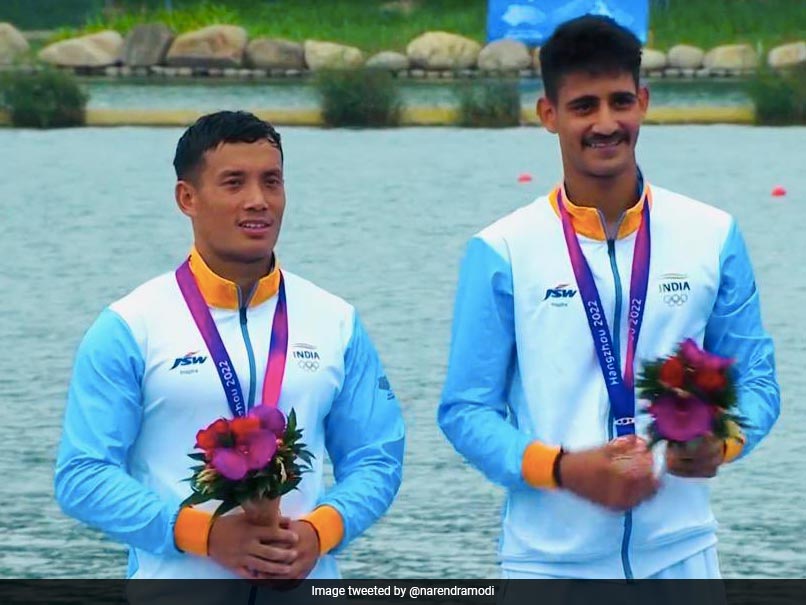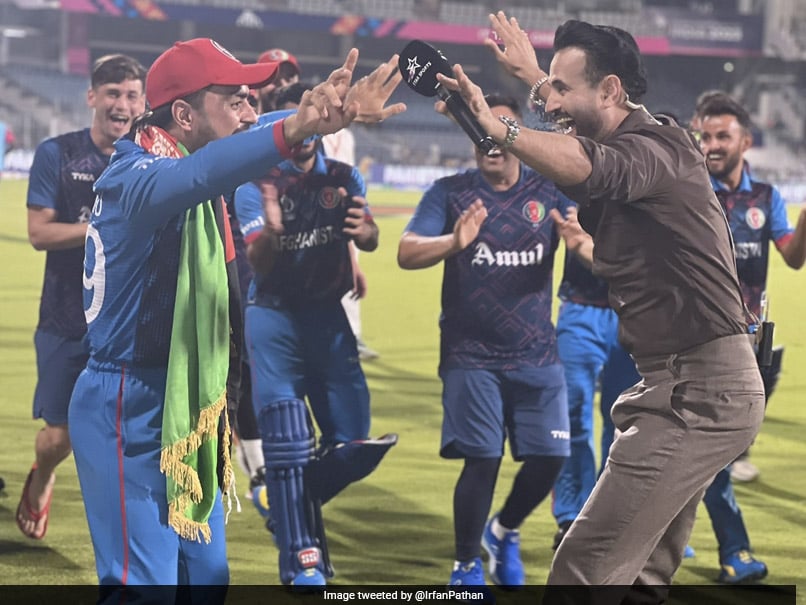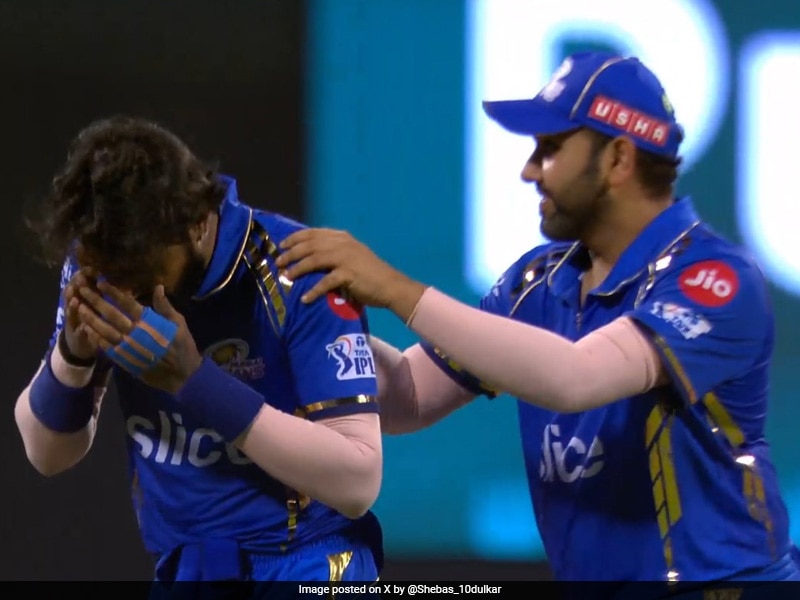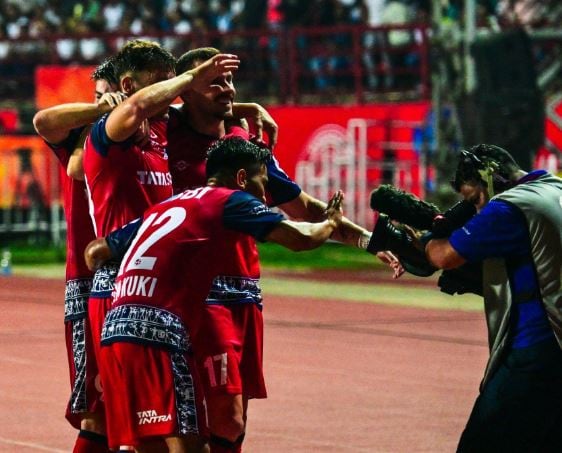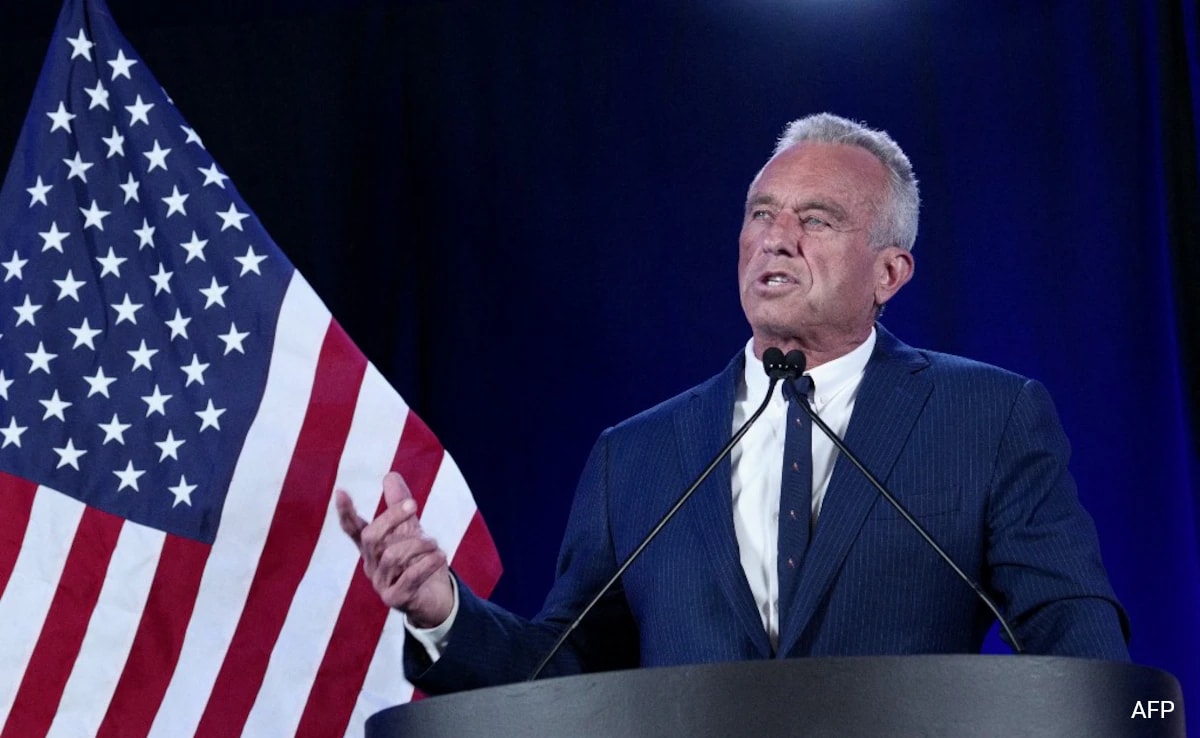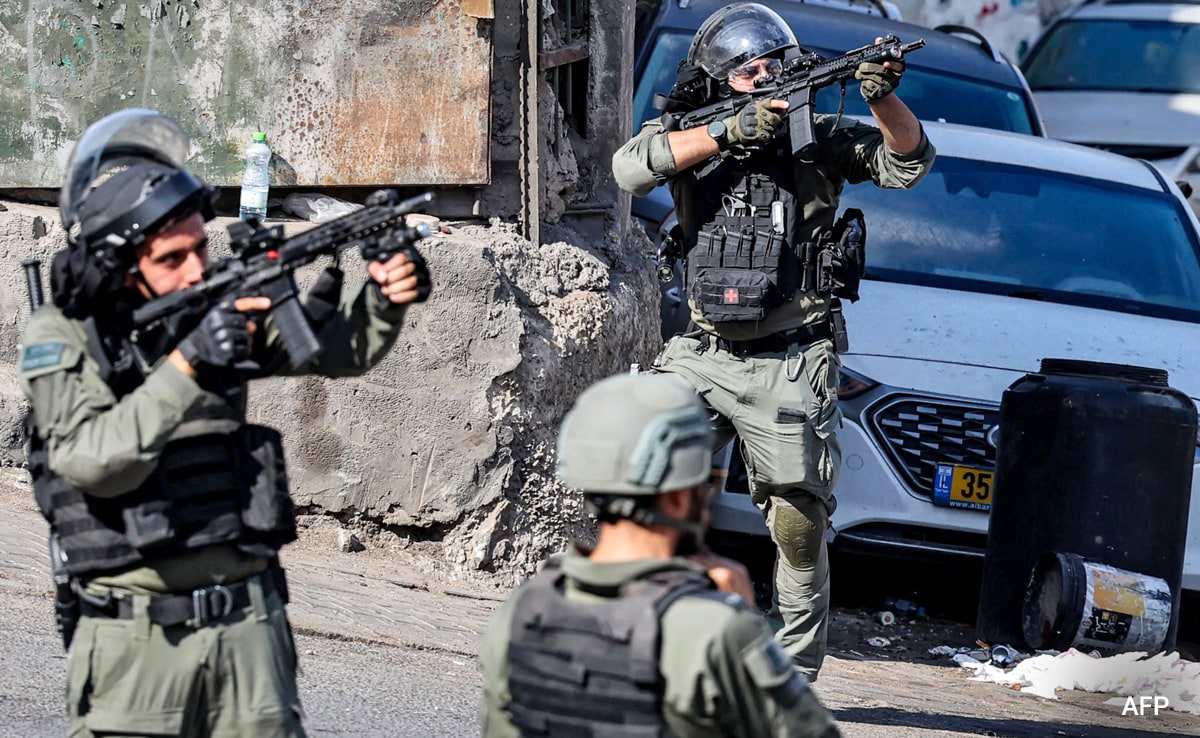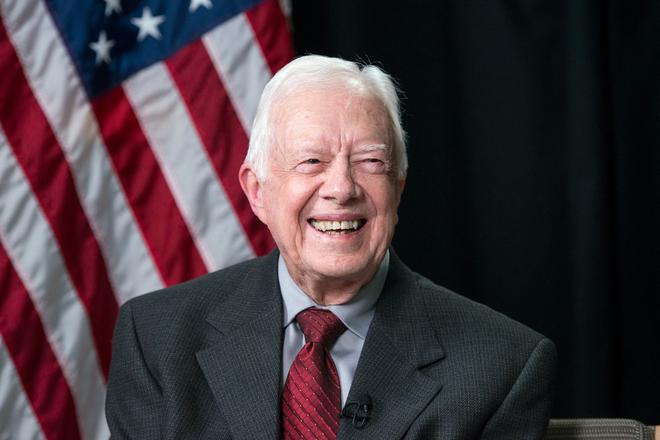A vendor displays newspapers for sale at a stall in Kandy on November 16, 2024. Sri Lankan President Anura Kumara Dissanayake’s leftist coalition won a majority in snap parliamentary polls, provisional results showed on November 15.
| Photo Credit: AFP
The staggering mandate — over a two-thirds majority — that Sri Lanka’s National People’s Power [NPP] coalition led by President Anura Kumara Dissanayake received in the November 14 general elections is a first in the country’s proportional representation system.
The unprecedented electoral feat, however, cannot be understood without appreciating the southern alliance’s political breakthrough in regions that are home to the island’s ethnic minorities. In almost all districts across Sri Lanka’s north, east, central and southern hill country, where Tamils, Muslims, and Malaiyaha Tamils live, the NPP has made impressive gains.
Editorial | A resounding victory: On the Sri Lankan election result
In the five electoral districts across the Northern and Eastern provinces, its candidates, all locals, secured 12 out of 28 seats. The NPP beat regional parties hands down in all districts but one, reflecting both the success of its outreach and the unmistakable shift within those electorates. That it did so in Jaffna and Vanni in particular, is historic for a southern political formation.
University of Jaffna academic Sengarapillai Arivalzahanattributes this largely to voters’ “anger and frustration” with long-time Tamil politicians. “Fifteen years after the war ended, Tamil people in the north and east have seen little relief or progress. There is a widely shared sentiment that the local parties and leaders were all talk and no action,” says the mathematician, who supported the NPP.

The prevalent disenchantment with their old leadership was one key reason, but it cannot entirely explain the shift. Tamils have been concerned that the fragmented Tamil nationalist polity, pre-occupied with internal disagreements, was weakening their voice in the national arena.
Further, through the post-war period, most Tamil parties focused mainly on war-time accountability and a political solution to the national question. Barring a few actors who took up local struggles over land grabs by the state, they rarely acknowledged or flagged the enormous financial strain facing most households.
Mounting household debt, joblessness, precarity surrounding rural livelihoods and the abject absence of economic revival that stifled people’s daily lives in the war-affected region did not get their attention. In this context, President Dissanayake’s effective messaging recently appeared to have connected with the ordinary Tamil voter.
Outdoing ITAK
Despite constraints, the formerly dominant Ilankai Tamil Arasu Katchi (ITAK) that ran alone — its former partners in the Tamil National Alliance contested through other formations — still managed to secure eight seats, points out party member and former Batticaloa MP Shanakiyan Rasamanickam. Apart from the three NPP candidates in Jaffna, former legislator and senior politician S. Shritharan retained his seat, while former MP and lawyer M.A. Sumanthiran, a spokesman of the party, lost his. Jaffna district also saw the re-election of All Ceylon Tamil Congress Leader Gajen Ponnambalam and the entry of an independent candidate.

“Our party [ITAK] had many challenges. Some diaspora groups were bankrolling few local forces and pushing a divisive agenda,” says Mr. Rasamanickam, who emerged the top candidate in Batticaloa. He is also credited with leading a focused campaign in the district, where the ITAK won three seats, while the NPP won just one. It is the only district where any other political party beat the NPP. Reflecting on the verdict, the 34-year-old says: “Going forward, it is clear that Tamil nationalist assertion without a focus on people’s economic and livelihood hardships will not help.”

Meanwhile, the NPP appears to have drawn more Muslim voters in the east, going by its victory in neighbouring Ampara and Trincomalee districts, where many in the community say they have lost faith in their local leadership. All the same, well-known Muslim leaders, Rauf Hakeem of the Sri Lanka Muslim Congress who contested from the central Kandy district, and Rishad Bathiudeenof the All Ceylon Makkal Congress, who ran from northern Mannar, that is part of the Vanni electorate district, retained their seats.
‘Workers as people’
The NPP’s performance in the hill country, too, is remarkable, especially in districts that were bastions of the Ceylon Workers’ Congress and its rival Tamil Progressive Alliance.
While the traditional parties saw estate workers as “just a vote bank”, the NPP approached them as “people”, says Krishnan Kalaichelvi, who won from Nuwara Eliya district. Her victory, along with that of NPP candidate Ambika Samuel in neighbouring Badulla district, marks Malaiyaha Tamil women’s entry in to the Sri Lankan parliament for the first time.

“We campaigned hard on the ground, listening to people’s issues over wages, land rights, children’s education. It was the youth who backed us first, they have been waiting for change. Over time, they spoke to their families on our behalf and our support base grew,” says the long-time political activist and daughter of an estate worker. “My father gave his labour to his country till the time of his death… there are scores of people like him. The old political leadership was interested in its own power, not the people,” she says, adding that the NPP “went directly to the people” rather than through “power brokers and middlemen”. In Ms. Kalaichelvi’s view, Mr. Dissanayake’s declaration at a meeting in Hatton town in 2023 that he would recognise our people as “Malaiyaha Tamils” rather than “estate Tamils” struck a chord with many.
It is now amply clear that ethnic minorities have willingly placed their trust in President Dissanayake, observes the Jaffna-based academic Mr. Arivalzahan. “The President and his government have a moral obligation to keep their promises now,” he adds.
Published – November 17, 2024 01:00 am IST

